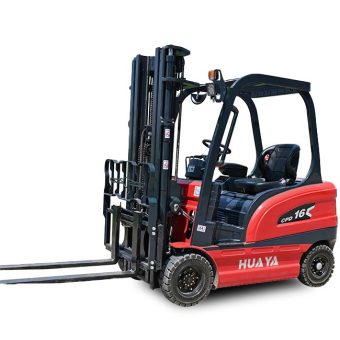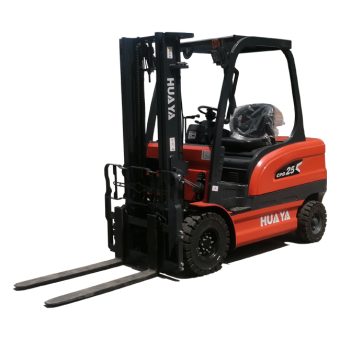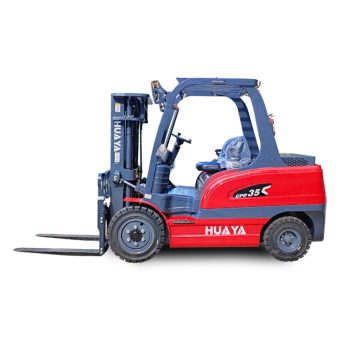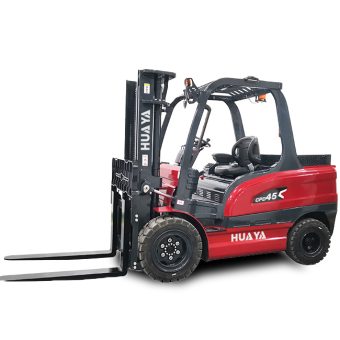
News
Forklifts are invaluable tools in warehouses, construction sites, and various industries, aiding in the efficient movement of heavy materials and goods. However, their immense utility also comes with potential risks, making it imperative for operators to prioritize safety. A critical aspect of forklift safety is the daily pre-operation checks and maintenance tasks that must be performed before using a forklift. In this article, we will delve into the essential steps that must be taken daily to ensure forklifts are in optimal condition and safe for operation.
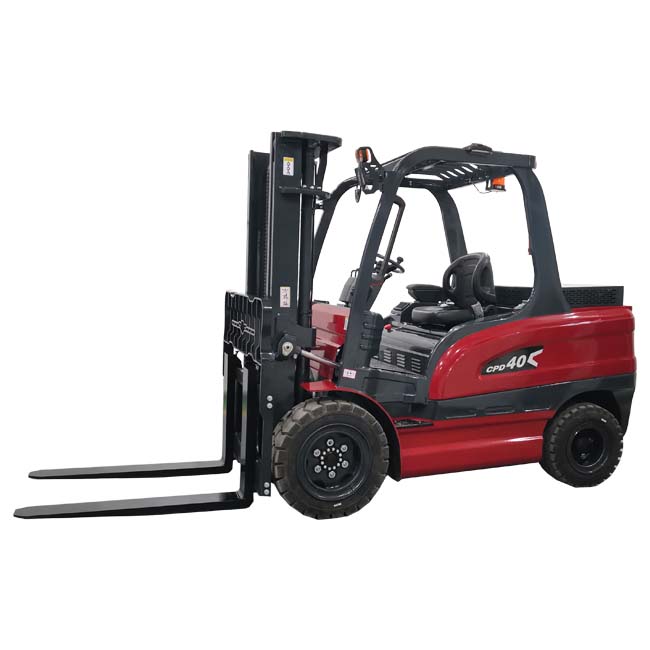
Before delving into the specific tasks that must be completed daily, it's crucial to understand why these checks are so important. Daily forklift safety checks serve several vital purposes:
Safety: The primary objective of these checks is to ensure that the forklift is safe for operation. Identifying and rectifying potential issues can prevent accidents and injuries.
Compliance: Many regulatory authorities, such as the Occupational Safety and Health Administration (OSHA) in the United States, mandate regular inspections and maintenance of forklifts. Compliance with these regulations is crucial to avoid penalties and maintain a safe workplace.
Cost Savings: Regular maintenance and checks can help identify minor issues before they escalate into major and costly problems. Preventive measures can extend the lifespan of the forklift and reduce repair costs.
Now, let's explore the specific steps that should be taken daily before using a forklift. These checks are designed to cover various aspects of the forklift, ensuring it's ready for operation.
Visual Inspection: Begin with a visual inspection of the forklift. Look for any obvious signs of damage, such as leaks, cracks, or loose parts. Ensure that all safety decals are intact and legible.
Fluid Levels: Check the fluid levels, including fuel, oil, and hydraulic fluid. Ensure that they are at the recommended levels. Low fluid levels can lead to operational issues and damage to the forklift.
Tires: Inspect the tires for wear, damage, and proper inflation. Damaged or underinflated tires can affect stability and safety.
Brakes: Test the brakes to ensure they are functioning correctly. Check for any unusual sounds, vibrations, or delays in braking. Faulty brakes can be dangerous.
Steering: Test the steering to ensure it's responsive and doesn't exhibit excessive play. Proper steering is essential for maneuverability.
Lights and Horn: Check all lights, including headlights and taillights, to ensure they are working. Test the horn to make sure it's audible. These are essential for maintaining visibility and alerting others to your presence.
Safety Features: Verify that all safety features, such as seatbelts and overhead guards, are in good working condition. They are crucial for operator safety.
Load Capacity Plate: Ensure that the load capacity plate is in place and legible. Never exceed the recommended load capacity to prevent accidents.
Forks and Attachments: Inspect the forks and any attachments for damage or wear. They should be securely attached and in good condition.
Battery: If the forklift is electric, check the battery's charge level and look for any signs of corrosion or damage.
Documentation: Ensure that all maintenance records and inspection reports are up-to-date and accessible. Proper record-keeping is essential for compliance and tracking maintenance history.
Test Run: After completing the visual inspection and checks, conduct a test run to ensure the forklift operates smoothly and doesn't exhibit any issues.
Daily forklift safety checks and procedures are the foundation of safe forklift operation. By following these essential steps, operators can maintain forklifts in optimal condition, reduce the risk of accidents, and ensure compliance with regulatory requirements. Safety should always be a top priority in any workplace that utilizes forklifts, and these daily checks play a vital role in achieving that goal. Remember, a well-maintained forklift is a safer and more efficient tool for handling heavy loads, benefiting both the operator and the workplace as a whole.
